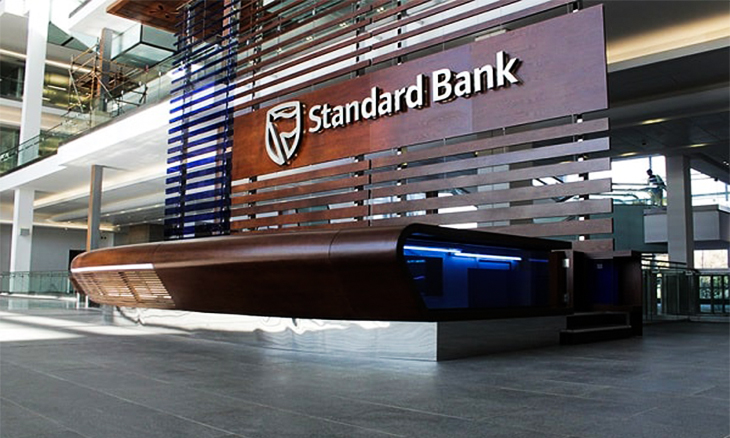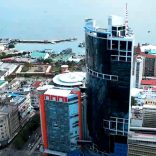Mozambique: Absa's profits drop 50.7% YoY in H1 to US$13.2M
Two new misdemeanour cases, punishments announced against Standard Bank Mozambique – Carta

File photo: O Pais
The misdemeanour proceedings by the Bank of Mozambique against Adimohanma Chukwuma Nwokocha, former Chief Executive Officer at Standard Bank, and Cláudio Eliazare Banze, Director of the Information Technologies Department there, relate to the blackout of the SIMO network at the end of 2018.
The Bank of Mozambique has now fined each of them 1.2 million meticais, disqualified them from holding corporate positions and management functions in credit institutions and financial companies in the country for a period of three years, and will exact payment from them for the publication of the terms of their punishment.
The Bank of Mozambique, as regulator of the national financial system, accused the two of having committed serious offenses related to the implementation of an illegal payment network based outside the country, which in general resembles the Single National Network (SIMO).
With public opinion bearing recent memories of the fines imposed on Standard Bank for its alleged violation of the precepts governing the interbank and foreign exchange markets, last week’s statement seemed like a sequel.
‘Carta’ has however discovered that the matter is a result of the SIMO blackout of November 2018 and the resumption of relations between the banks with BizzFirst, a Portuguese firm that owns the software behind the SIMO network.
It will be recalled that, in August 2019, Mozambique’s central bank fined former chairman of BCI bank, Paulo Alexandre Duarte de Sousa, 200,000.00 meticais for misdemeanour infractions, also barring him from financial sector employment for three years.
The central bank accused Paulo de Sousa of having acted in a conflict of interest during his participation in the process of consideration and decision on the proposed acquisition of Interbancos by SIMO, defending the interests of SIMO, as its director, and also those of Interbancos as chairman of its board of directors.
At the time of the SIMO blackout, Paulo de Sousa played a pivotal role in banks opening their purse strings and paying what BizFirst demanded [from the central bank] for the SIMO network to continue using its software. Some banks promised to contribute, and paid. Chuma Nwokocha, then managing director of Standard Bank, made the same intervention in the process, but was not punished. The sanction arrives now, four years later.
Read: Mozambique: Central bank fines, bars BCI bank’s CEO appointed by Portugal’s Caixa
Regarding the alleged illegal payment network based outside the country operated by the Standard Bank, Carta again obtained a different narrative. After the November 2018 blackout, Standard Bank decided to create a ‘back-up’ system in Germany to safeguard its operations.
“Standard Bank did not want to take risks, and set up this back-up system. It is free to set up wherever it wants, and this is provided for in the legislation,” a source told Carta.
“The system has never been operational and has never been used. I believe that there is at least one machine connected to the system, because a test had to be done to find out if it worked or not.”
Read: Mozambique: ATM, bank card blackout ‘due to failure to pay’ – Portuguese software provider
Breaking: Mozambique’s commercial banks decide to pay Bizzfirst to end ATM blackout
Standard Bank has not yet commented on the latest statement from the central bank, though this can be expected soon.
Chuma and Cláudio Banze have been sanctioned because of this back-up abroad, a mechanism common among other banks in the marketplace.













Leave a Reply
Be the First to Comment!
You must be logged in to post a comment.
You must be logged in to post a comment.